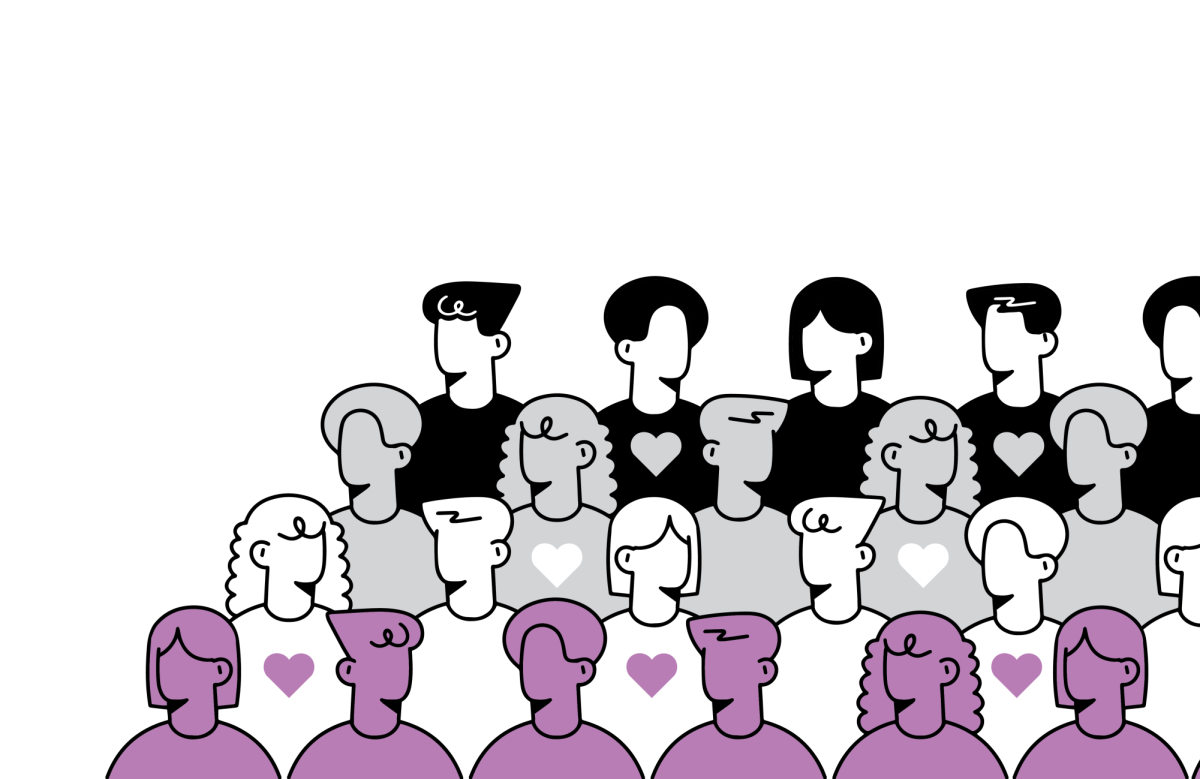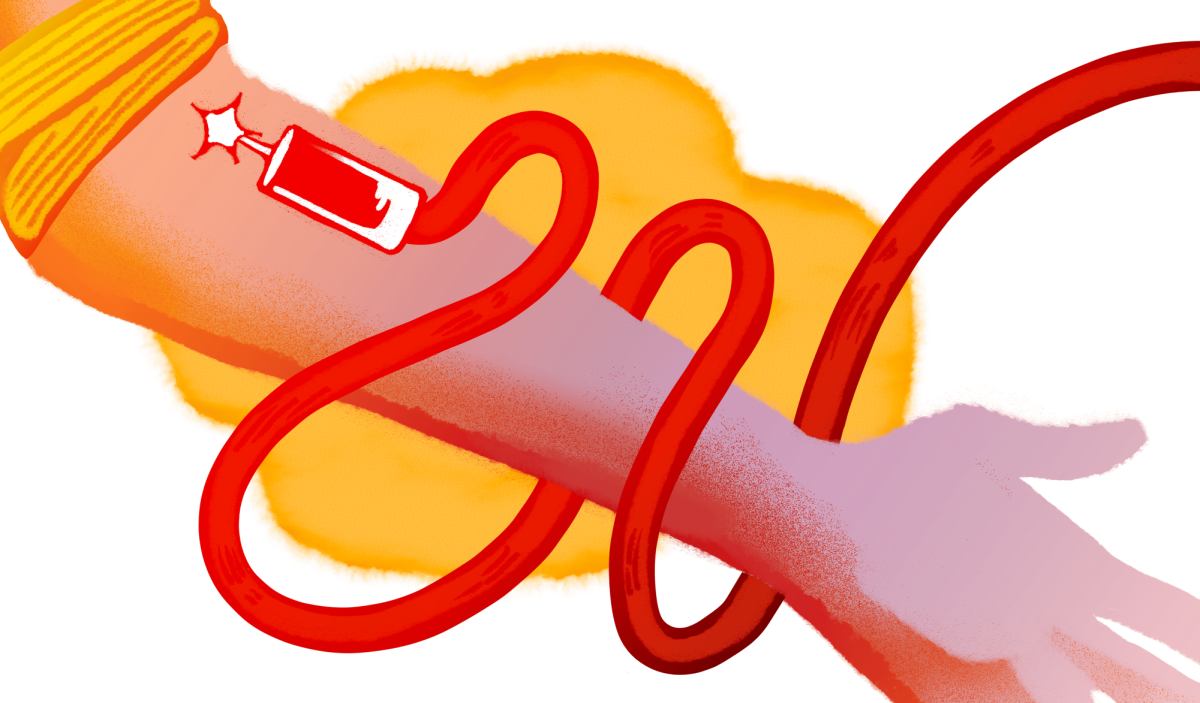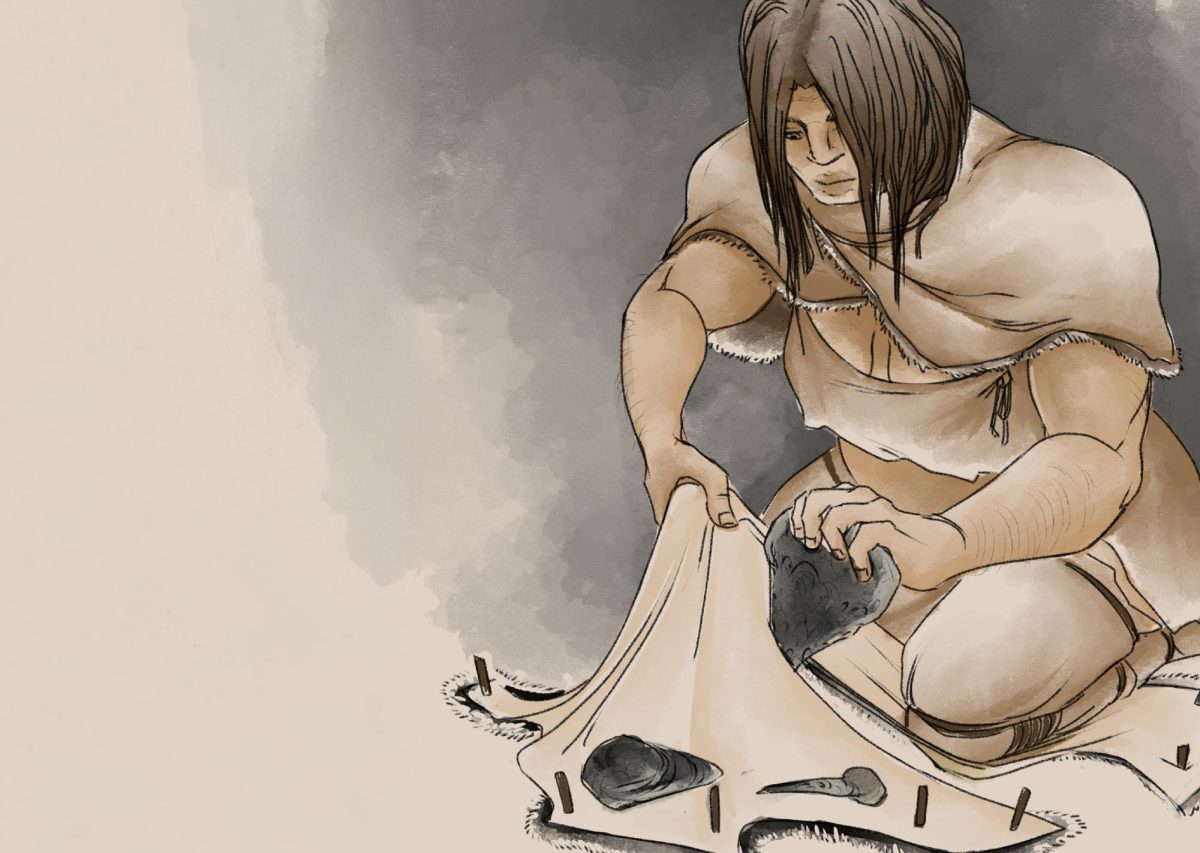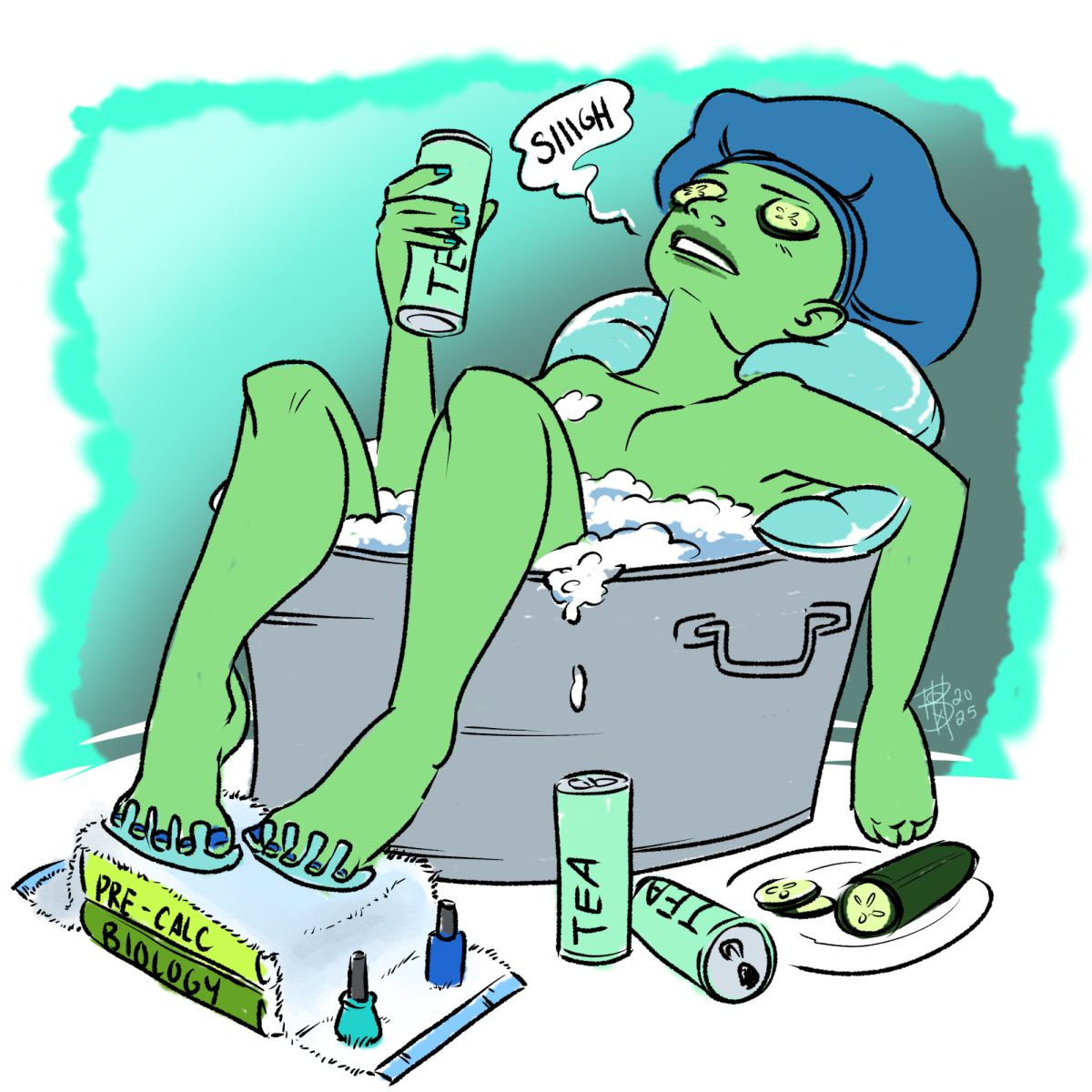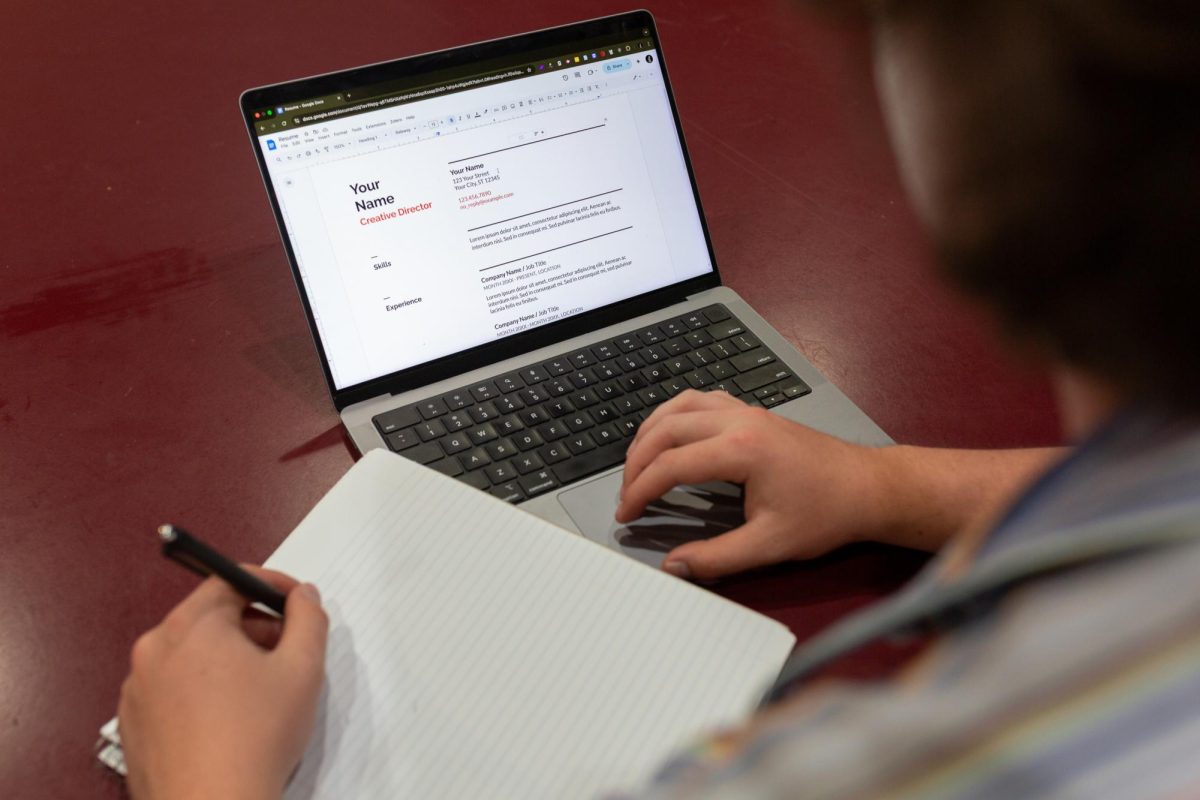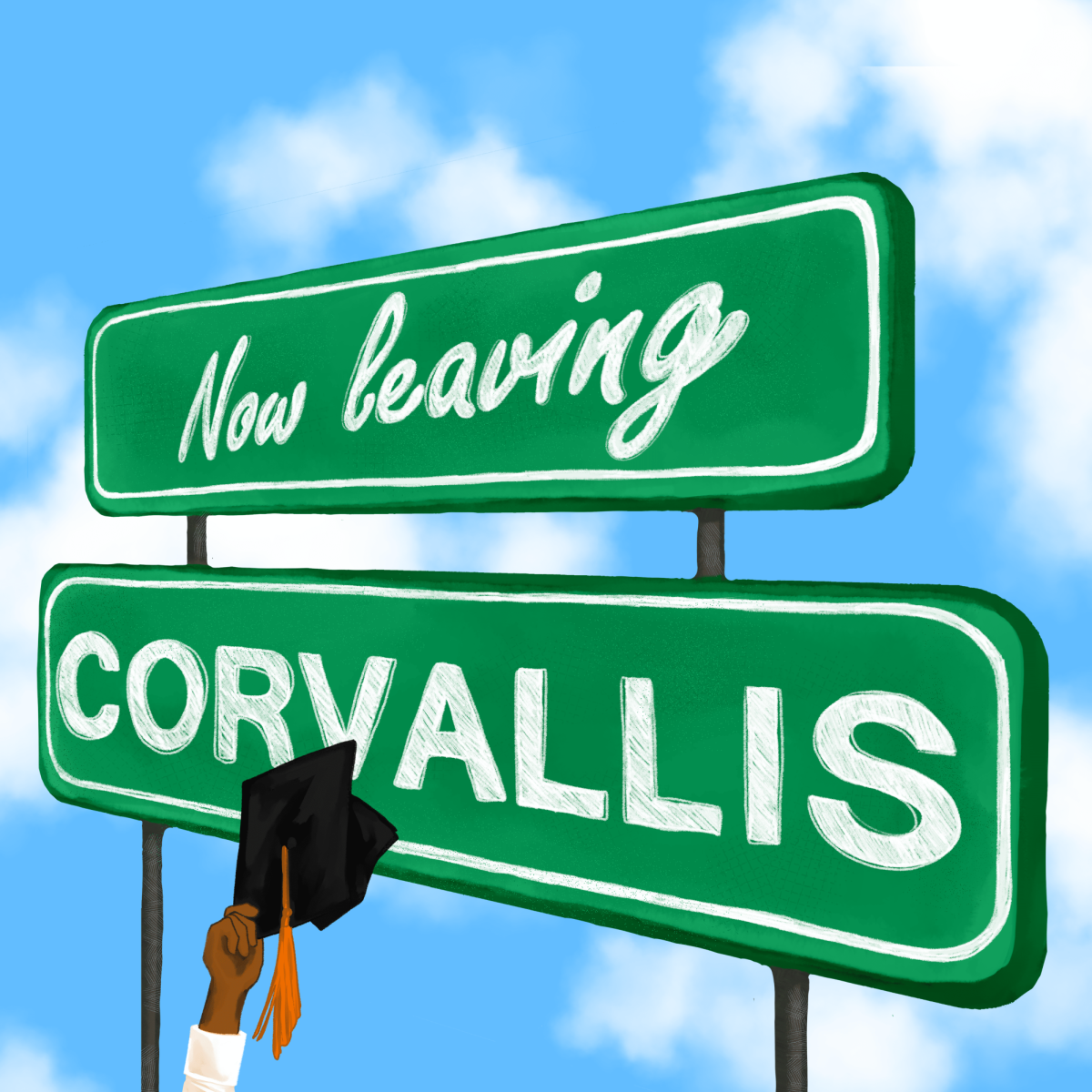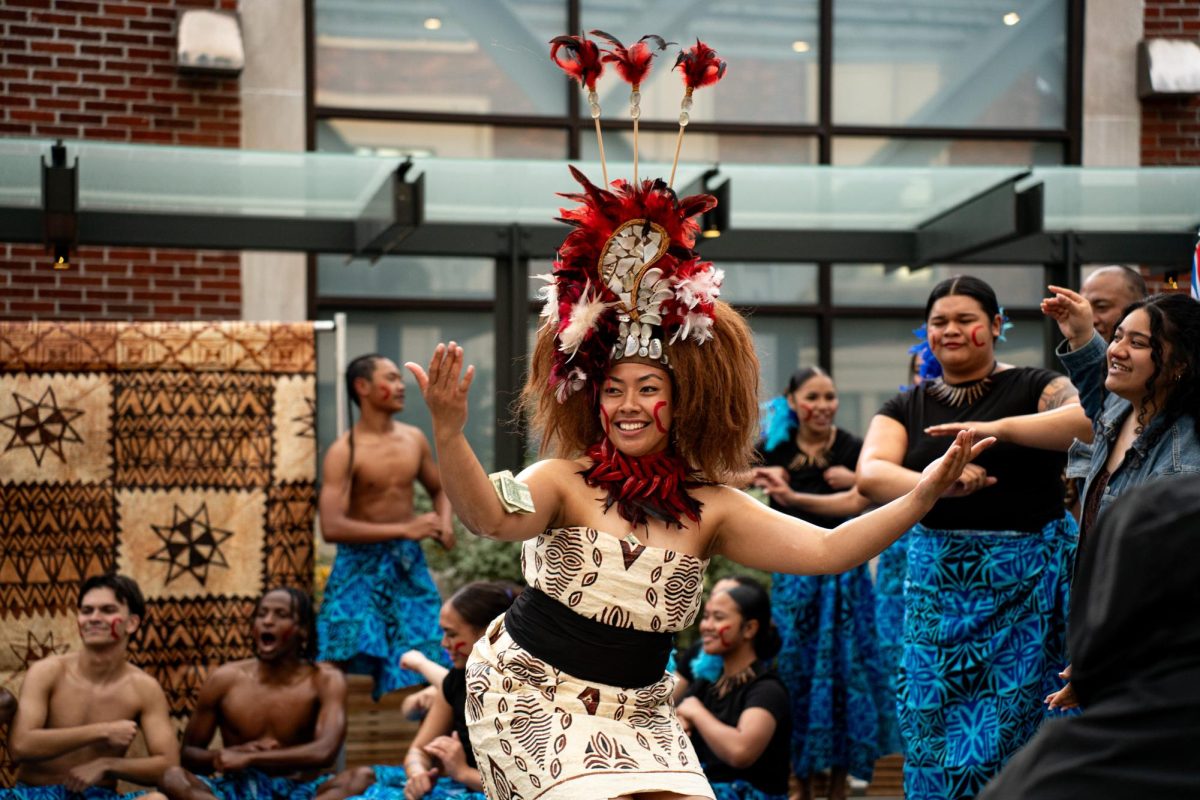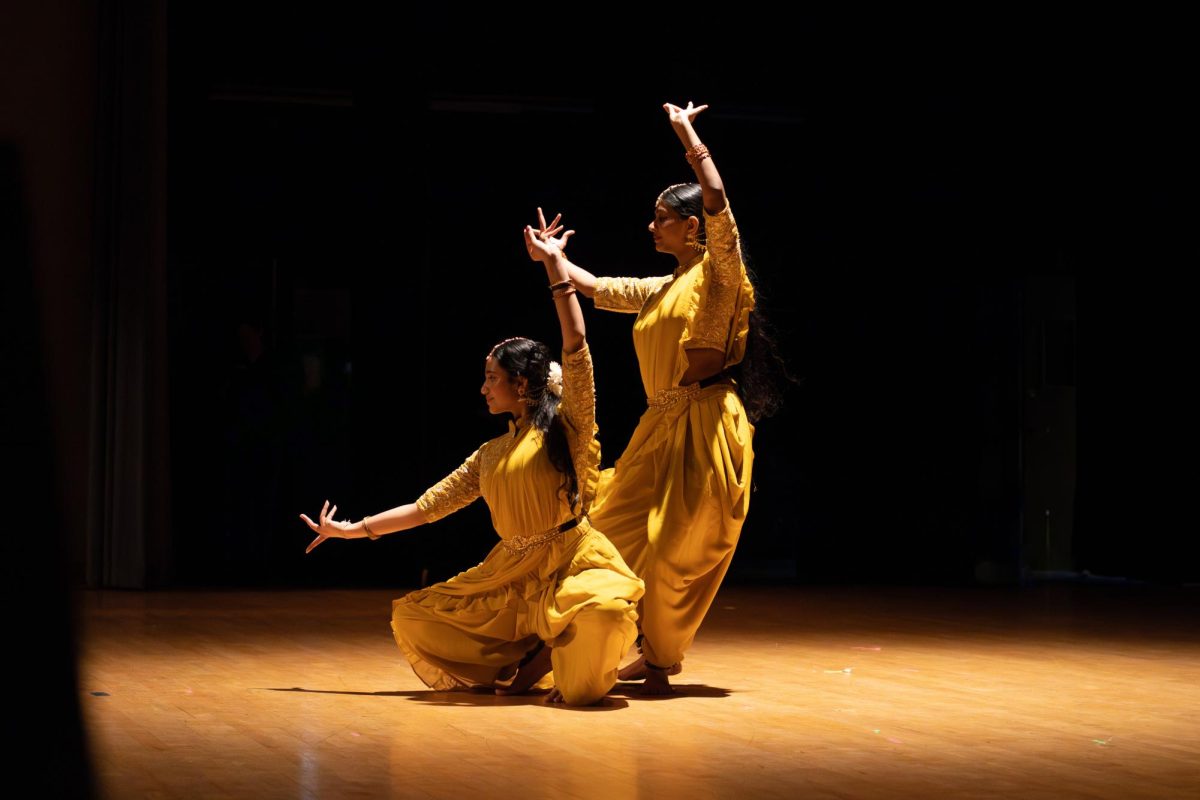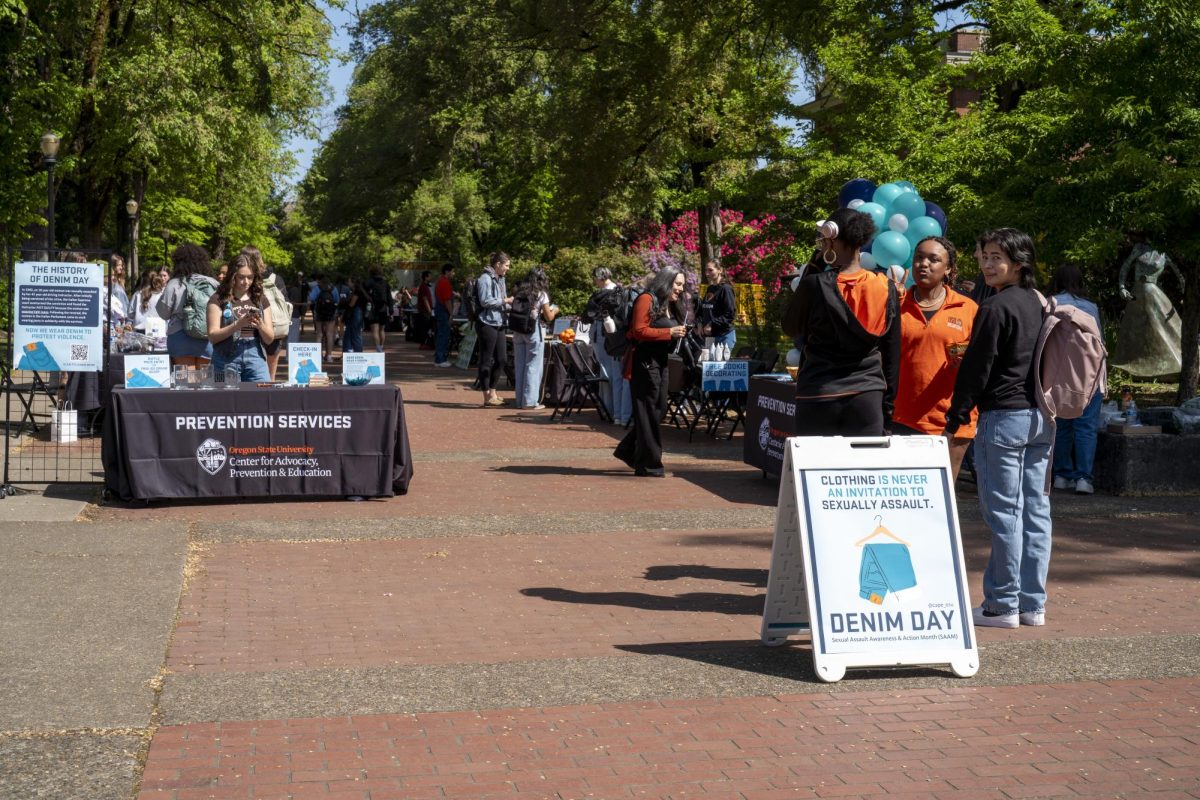If you’re asexual or aromantic, feelings like sexual or romantic attraction can be an utterly foreign concept.
“A friend will like offhandedly mention a feeling or whatever that comes with being allo (sexual) – which is like being non (aromantic or asexual) – and I will be just gobsmacked,” said Cassidy Hayes-McQueen, a second-year anthropology major honors student minoring in marine biology. “I’ll be like ‘What? You feel that way? That’s common? You feel that way all the time?’”
Hayes-McQueen has known she was asexual since middle school, and figured out she was aromantic in high school, but she still gets surprised by the feelings her allosexual friends talk about experiencing.
Figuring out that she was asexual and aromantic was not a black-and-white process.
“It can be hard because it’s a lack of attraction almost, and that can be hard to pin down,” Hayes-McQueen said.
Asexuality is a sexual orientation where a person does not feel sexual attraction to other people. Aromanticism is similar, where a person does not feel romantic attraction to others.
Neither are medical conditions, nor are sexual and romantic orientations correlated – in other words, someone can identify as both, or just one.
Josh Davis, a first-year forest and civil engineering major, figured out he was aromantic because of a TV show. He said that the show mentioned asexuality and he looked into it from there.
“When I got a name for it, it all kinda clicked,” Davis said.
He said he found an online database with a list of the subtypes of asexuality.
Amelia St. Peters, a transfer sophomore English major, also discovered their sexuality through the internet, specifically when COVID-19 hit.
St. Peters said they wound up dating someone in high school to prove to themself that they really are aromantic and asexual.
“At that time I pretty much knew that I was on the asexual spectrum but I wasn’t sure about the aromantic spectrum, and so I decided to give it a try,” St. Peters said.
They said they noticed pretty quickly that it wasn’t quite the right fit – their partner wanted to spend a lot of time with them.
“I would want to spend time playing video games together, right? and he wanted to spend time cuddling,” St. Peters said. “I was like ‘Why would I want to cuddle when we can play Minecraft?’”
They said that was a valuable lesson for them, and that they know now that you don’t have to prove to yourself that you’re asexual. If you feel that way, then you feel that way.
There is a lot of societal pressure on asexual and aromantic people to conform to expectations, and at times that can be frustrating.
“In our society we are pushed to be in a relationship, even from a young age,” St. Peters said. “We see all these heterosexual couples and they’re like ‘This is what you’ll grow up to be. You’ll get married, you’ll have kids, and then you’ll die.’ And I was like, ‘But what if I don’t want to?’”
Davis said that he uses an analogy to help people understand: “It’s like forcing myself to eat food that I’m allergic to or I don’t like.”
All three students mentioned at one point or another that one of the most common things people tell them is that they haven’t found the right person yet, or they haven’t tried it yet.
St. Peters also mentioned that they have heard a lot of people say that having sex and experiencing sexual attraction is human nature.
“This is just incorrect,” St. Peters said. “There’s plenty of research that has been done to show that asexuality is not only a human thing, it’s a natural thing.”
So what can allosexual people do to avoid upsetting someone who’s just told them they’re asexual or aromantic?
“If they can, get to the point beyond just understanding,” Davis said. “It doesn’t mean that I am any less a person than they are, or I have any less of a heart or mentality.”
Hayes-McQueen said interactions with people who do not understand asexuality are tiresome for the person who is asexual or aromantic. She recommends educating yourself.
“Do the research and don’t be afraid to ask about it in a polite and meaningful way,” Hayes-McQueen said.
Good things can come from having that kind of conversation.
“A really good friend of mine — we would not have connected if he hadn’t told me that we share the same views on dating and sexual relationships,” Davis said.
“Don’t be afraid to label yourself on the spectrum if you think it fits you in some way,” Hayes-McQueen said. “It really truly is a spectrum.”
While college campus cultures tend to place an emphasis on dating, Davis wasn’t really affected by it.
“Dating (and) relationships, I haven’t needed to change, because no one cares,” he said.
Similarly, St. Peters was unconcerned. They said that coming to college is a great way for people to explore themselves, whether they’re asexual or aromantic or gay or straight.
“It’s more like, I can finally do the things that I want to,” St. Peters said.
Hayes-McQueen said that she came into college much more confident in her sexuality than she was in high school, which has helped her manage the feeling of being pushed to the side as people around her get into relationships.
“I know to myself that I need to just make sure that I form meaningful friendships, and that I keep those friendships,” Hayes-McQueen said.
According to Hayes-McQueen, queerplatonic relationships are important in the asexual/aromantic community.
“It kind of changes depending on who you ask but I think it’s a good way to have that security of a relationship,” Hayes-McQueen said. “To have someone you can go to and depend upon.”
For some, though, friendships are more than enough.
“I value friendship a lot more than relationships,” Davis said. “I don’t feel a need to excel anything past a good friend.”
When asked about advice for asexual/aromantic students, or those questioning it, Davis said that putting a label on his sexuality helped him with his self-confidence. He also gets a lot of joy from the community he’s found.

